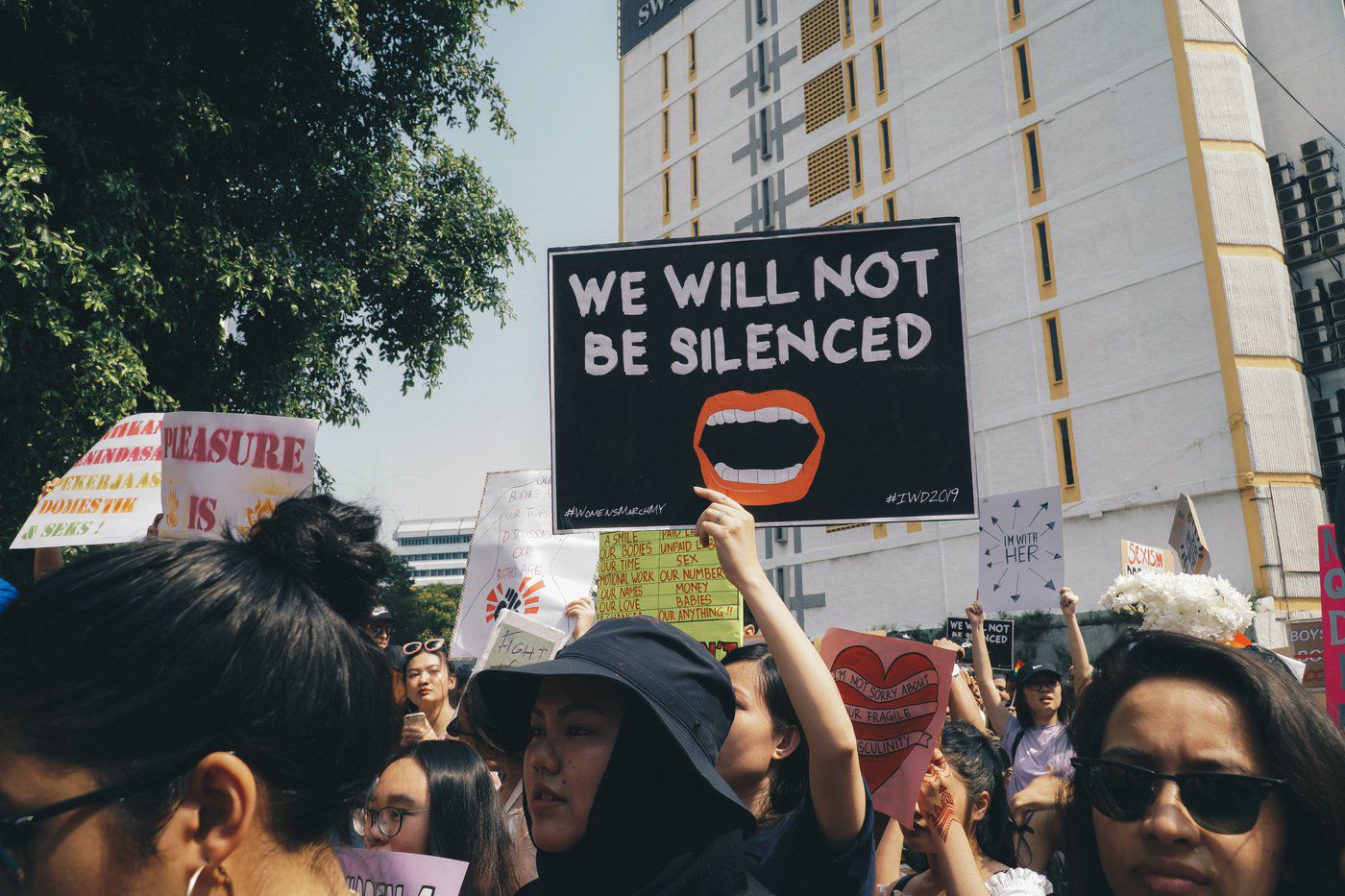By Noraida Endut, Universiti Sains Malaysia
PENANG, Nov 28 – In 2020, 20-year-old R. Thivya Nayagi was found dead at her family home. She is believed to have died by suicide after she was bullied online for a TikTok video she filmed with a colleague.
As the tragedy of R. Thivya demonstrates, women are still at risk of violence online. Although there is no official data on gender-based violence cases in Malaysia, the women’s group, All Women’s Action Society (AWAM) believes online sexual harassment is on the rise.
The most common forms of technology-facilitated violence include sexist or misogynistic online comments, gender-based online hate speech, online harassment and threat of sexual violence, online stalking, doxing, unsolicited nude images, and distribution of non-consensual sexually explicit content.
Female public figures experience online harassment condemning and disparaging the way they dress and act. In a survey conducted by PeopleACT in 2018, 50.4 per cent of respondents had experienced at least one form of online harassment, with women experiencing it twice as much as men.
Digital platforms such as social media and technology have become double-edged swords — used in both positive and negative ways. Online technology can disseminate knowledge and advocacy calls widely and rapidly, and this helps create awareness and support for women’s issues, particularly issues concerning gender-based violence.
But many advocates and activists have faced harassment and menace from netizens threatened by their call for better policies in addressing sexual harassment cases.
One case in particular involved schoolgirl Ain Husniza Saiful Nizam. In April 2021, Ain uploaded a TikTok video calling out her teacher for making rape jokes to students.
With her hashtag #MakeSchoolASaferPlace, she created a buzz on Twitter and encouraged other victims to share stories of similar incidents. Activists, independent artists, and members of parliament expressed their agreement.
But while Ain received considerable support, she was also subjected to rape threats and abuse from her former male classmates and men more widely. Some even defended the teacher.
A police report lodged against the teacher and subsequent harassment warranted “no further action” according to the Attorney-General. Ain and her family were eventually forced to move after a backlash from neighbours, teachers, and students.
But Ain’s persistence in her online activism ultimately had a positive outcome. Her #MakeSchoolASaferPlace Twitter postings trended widely and inspired another young woman, Nuraaina Balqis, to create an Instagram page @SaveTheSchoolsMY that offers a safe space for victims to share their related experiences anonymously.
Almost three weeks after Ain’s first police report, the Ministry of Education issued a formal statement for the first time, saying the teacher had been reassigned pending investigation.
In Malaysia, specific laws to address technology-facilitated violence against women are yet to be enacted. Only a few sections of the Penal Code and various rules, guidelines and practices on workplace sexual harassment exist.
In August 2022, Malaysia’s parliament passed the Anti-Sexual Harassment Act which establishes a tribunal to receive and adjudicate complaints of sexual harassment. This bill covers sexual harassment cases perpetrated online.
In 2017, the Sexual Offences Against Children Act was enacted to increase protection for children against sexual abuse.
The act criminalises the production, distribution, and viewing of child pornography, sexual grooming and the act of exposing a child to sexual or indecent situations — actions that may be facilitated or exacerbated by technology and social media.
Under international law, the state plays an important part in eradicating violence against women. Due Diligence Project, a research-advocacy group provides a framework for state obligations on dealing with violence against women, including violence facilitated by technology.
This suggests violence against women can be addressed through the “5Ps” approach: prevention, protection, prosecution, punishment, and provision of redress for victims.
A peaceful and just world must be free from violence of all kinds. It’s a specific target in the global United Nations Sustainable Development Goals which is to eliminate all forms of violence against women and girls in the online and physical spheres, including trafficking, sexual abuse and other types of exploitation.
When technology and social media facilitate or exacerbate violence, the state can strive to eliminate it. At the same time, it is worth exploring how the digital sphere may create better awareness and advocacy against violence against women.
Noraida Endut is a professor at the Unit for Research on Women and Gender (KANITA), Universiti Sains Malaysia.
Article courtesy of 360info.












